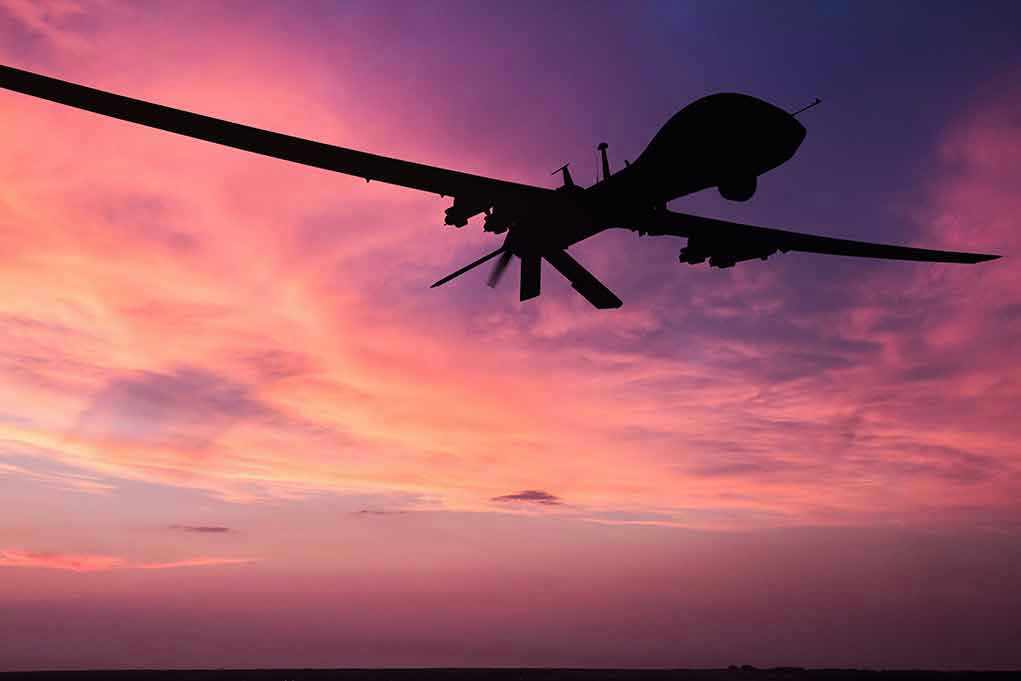
Florida schools are testing armed drones to neutralize threats, raising significant constitutional and ethical questions.
Story Highlights
- Armed drones are being deployed in Florida schools to counter potential shooters.
- This initiative sparks debate over privacy and Second Amendment rights.
- Cost and implementation challenges raise questions about fiscal responsibility.
- Supporters argue drones enhance school safety and rapid response capabilities.
Florida Schools Test Armed Drones for Security
In a move that has sparked both interest and controversy, several school districts in Florida are testing armed drones designed to neutralize potential school shooters within seconds. The initiative aims to enhance security and provide a rapid response to emergencies, but it raises significant concerns about privacy, constitutional rights, and the potential for misuse. These drones, equipped with advanced surveillance and response capabilities, represent a new frontier in the ongoing debate about school safety measures.
Supporters of the program argue that drones could provide a much-needed layer of security, particularly in the wake of numerous tragic school shootings across the country. The rapid deployment capability of these drones could potentially save lives by quickly identifying and neutralizing threats. However, critics are wary of the implications for student privacy and the potential erosion of rights, echoing broader concerns about government overreach and surveillance.
Financial and Ethical Concerns
The financial aspect of deploying armed drones in schools is significant. Each drone represents a substantial investment, with costs including purchase, maintenance, and operational training for staff. This raises questions about fiscal responsibility, particularly in cash-strapped school districts. Critics argue that the funds could be better allocated to other safety measures or educational needs. Additionally, the ethical considerations of using armed drones in a school setting are profound, with concerns about the potential for accidents or misuse.
Moreover, the debate encompasses more than just financial and ethical concerns. It taps into fundamental questions about the balance between safety and personal freedoms. The introduction of armed drones in schools could set a precedent for other surveillance and security measures that may infringe on civil liberties, a concern that resonates deeply with many Americans who value individual rights and privacy.
Implications for School Safety and Policy
The implications of deploying armed drones in schools extend beyond immediate safety concerns. This initiative could influence broader policy discussions on school security, technology integration, and the allocation of educational resources. As schools continue to seek effective security solutions, the debate over armed drones is likely to intensify, with stakeholders weighing the benefits against the potential risks and ethical dilemmas.
The ongoing testing in Florida could serve as a bellwether for other states considering similar measures. As the conversation evolves, it will be crucial for policymakers, educators, and communities to engage in open dialogue about the role of technology in ensuring school safety, while also safeguarding constitutional rights and ethical standards.
Sources:
Case study of drone program implementation in a K-12 charter school
Middle school after-school drone program and its educational outcomes
“Take Flight” project targeting rural girls in STEM through drone education




